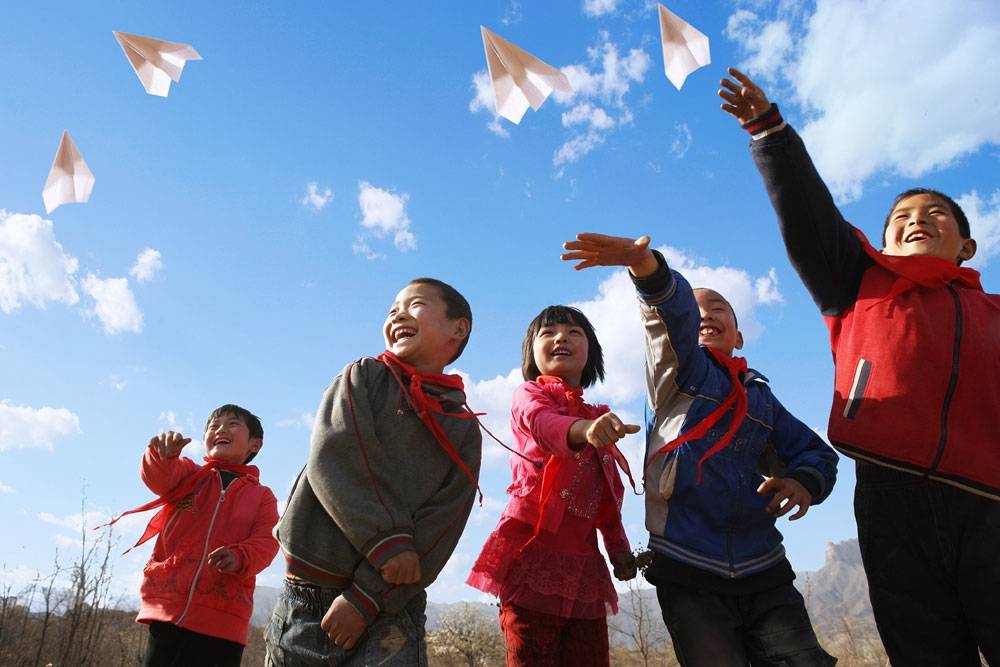The Chinese government in recent years has tried to boost its birth rate by taking measures that are said to undermine some of women’s basic rights, like bodily autonomy….reports Asian Lite News
A sharp decline in the number of marriage registrations, accompanied by the ageing of married couples has led to birth rates in China hitting the lowest ever levels, according to a media report.
The number of wedding registrations in China fell by 17.5 per cent in the first three quarters of 2020, compared to the same period in 2019.
The number of marriages in Jiangsu Province has declined for five consecutive years while in the city of Hangzhou, capital of Zhejiang Province, the number of marriages registered in 2021 was less than 80 per cent of those registered in 2011.
At the same time, 46.5 per cent of married Chinese people are over 30 years old. A combination of these factors, combined with the implementation of the draconian one-child policy for the last few decades led to China’s birth rate declining to an all-time low of 7.52 per 1000 people in 2021 as per the National Bureau of Statistics of China data.

The Chinese government in recent years has tried to boost its birth rate by taking measures that are said to undermine some of women’s basic rights, like bodily autonomy.
A recent law titled ‘China’s law on the protection of women’s rights and interests’ treats women as entities other than men requiring “special considerations and protections” according to China Law Translate (CLT). CLT is a translation project run by Jeremy Daum, Yale Law Tsai Center Fellow.
Another law called, ‘Family Education Promotion Law’ calls for women to play their “special role” in promoting the family values of the Chinese people, to establish what the Chinese Communist Party (CCP) considers a “positive family situation.”
The CCP officials are also taking other measures like discouraging abortions and vasectomies, trying to reverse the consequences of the one-child policy.
A Washington Post investigation in December discovered that 12 hospitals in Shanghai, Beijing, and Guangzhou were no longer performing vasectomies, much to the dismay of many young couples contacted.
The measures being taken hardly have any tangible impact on boosting birth rates as is evident from the government data. (ANI)













